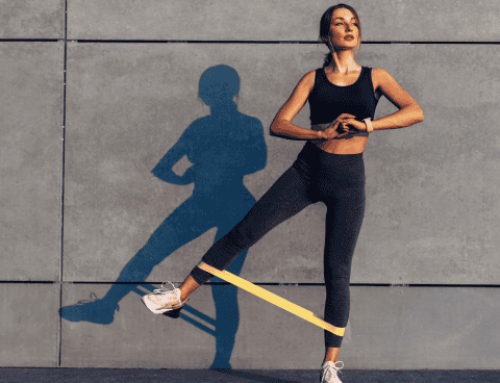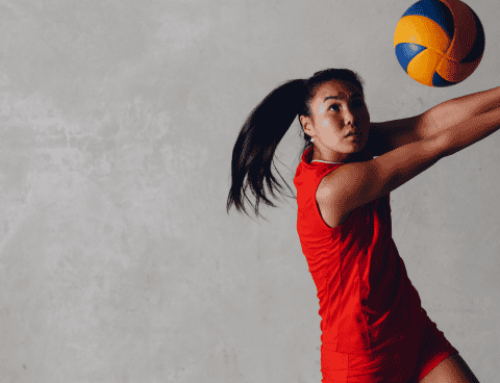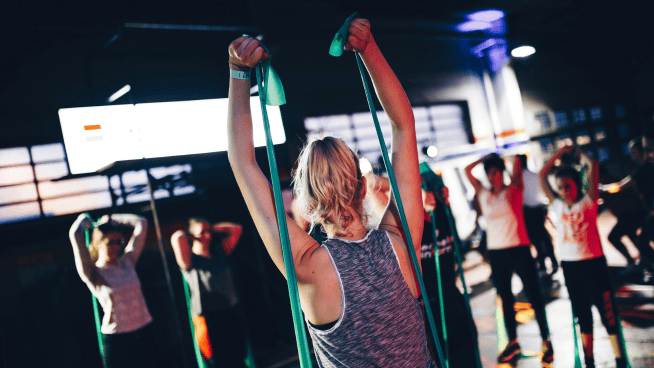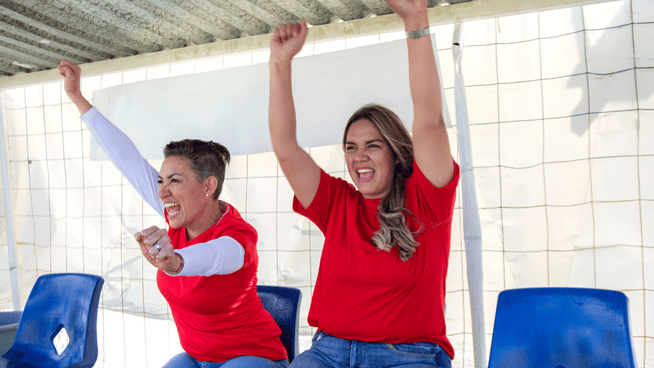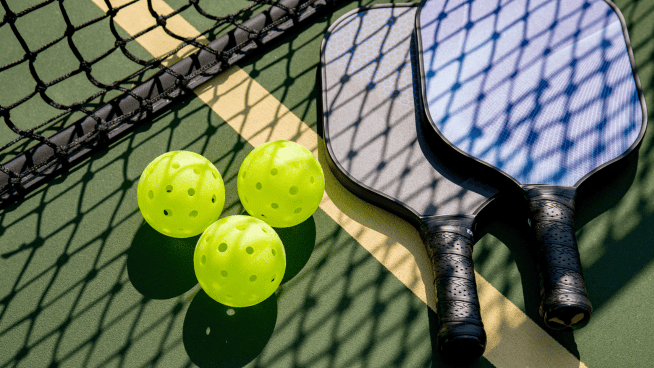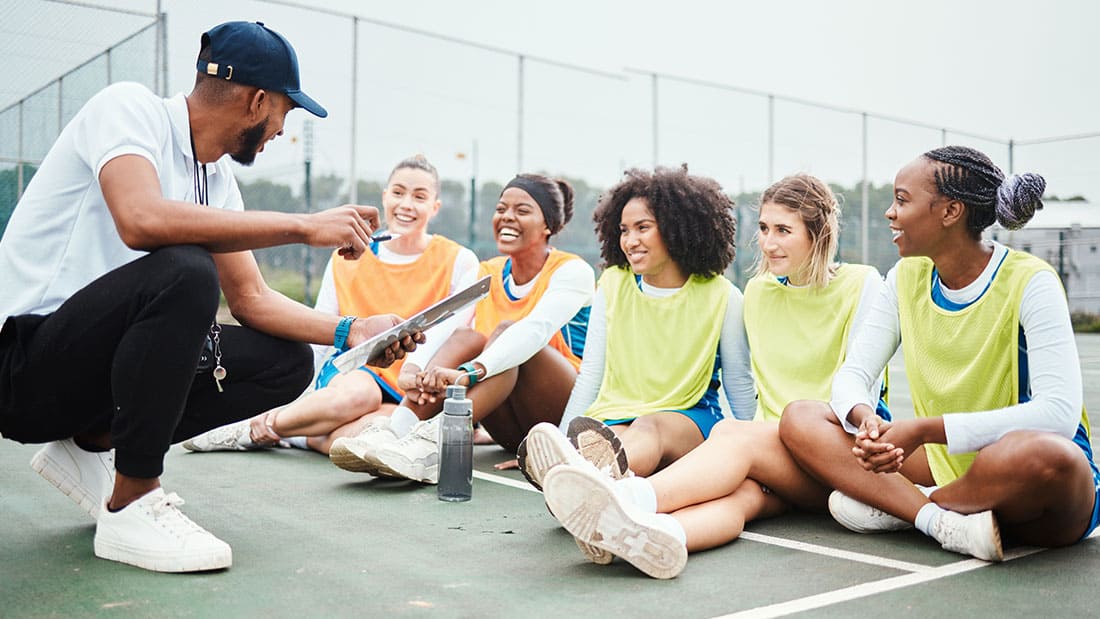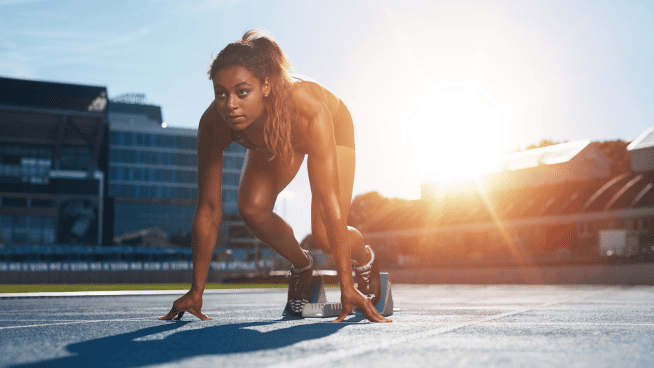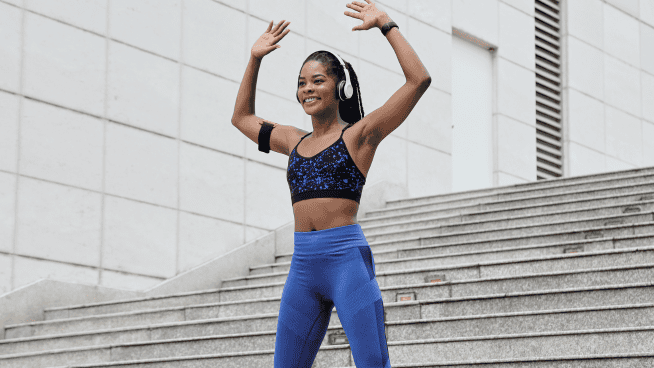Use Imagery to Enhance Performance
Athletes can learn and master a number of applied sport psychology techniques to increase their self-confidence, motivation, resiliency and sports performance. In particular, athletes can use imagery to sharpen their focus and improve their concentration, thereby strengthening their muscle memory. Although there is nothing magical about imagery, it is easy to use and extremely helpful during key moments in competition.
Below are a few quick tips to get you started using imagery:
- It’s important to understand the basic working definition of imagery. Most sport psychologists define it as “the ability to create or recreate mental images in the mind.” This means that if you have ever thought about what you need to do on the next play, you have used imagery!
- There are two general types of imagery: internal and external. With internal imagery, the “view” in your mind is from the perspective of your own eyes looking at the field and players around you. When you use external imagery, it’s like watching the game through an external camera lens, and you are in the picture. Neither type is right or wrong. Each athlete can decide which type works best with his or her learning style.
- In theory, using imagery regularly (e.g., before games, between plays) strengthens neural connections in the brain, thereby creating faster and more effective muscle memory movements during competition. Thus, if you really want great synchrony between mind and body during competition, it’s important to use imagery habitually, not just every once in a while.
Athletes of all ages and skill levels can use imagery, and the best part is there’s no wrong way to use it. Over time, you will learn the type, timing and duration of imagery you need to play your best. It helps to keep a journal of your results and make changes when necessary.
To test your current level of mental toughness and discover specific points in athletic competition when you might want to use imagery, check out the Sport Performance Assessment app.
RECOMMENDED FOR YOU
MOST POPULAR
Use Imagery to Enhance Performance
Athletes can learn and master a number of applied sport psychology techniques to increase their self-confidence, motivation, resiliency and sports performance. In particular, athletes can use imagery to sharpen their focus and improve their concentration, thereby strengthening their muscle memory. Although there is nothing magical about imagery, it is easy to use and extremely helpful during key moments in competition.
Below are a few quick tips to get you started using imagery:
- It’s important to understand the basic working definition of imagery. Most sport psychologists define it as “the ability to create or recreate mental images in the mind.” This means that if you have ever thought about what you need to do on the next play, you have used imagery!
- There are two general types of imagery: internal and external. With internal imagery, the “view” in your mind is from the perspective of your own eyes looking at the field and players around you. When you use external imagery, it’s like watching the game through an external camera lens, and you are in the picture. Neither type is right or wrong. Each athlete can decide which type works best with his or her learning style.
- In theory, using imagery regularly (e.g., before games, between plays) strengthens neural connections in the brain, thereby creating faster and more effective muscle memory movements during competition. Thus, if you really want great synchrony between mind and body during competition, it’s important to use imagery habitually, not just every once in a while.
Athletes of all ages and skill levels can use imagery, and the best part is there’s no wrong way to use it. Over time, you will learn the type, timing and duration of imagery you need to play your best. It helps to keep a journal of your results and make changes when necessary.
To test your current level of mental toughness and discover specific points in athletic competition when you might want to use imagery, check out the Sport Performance Assessment app.



